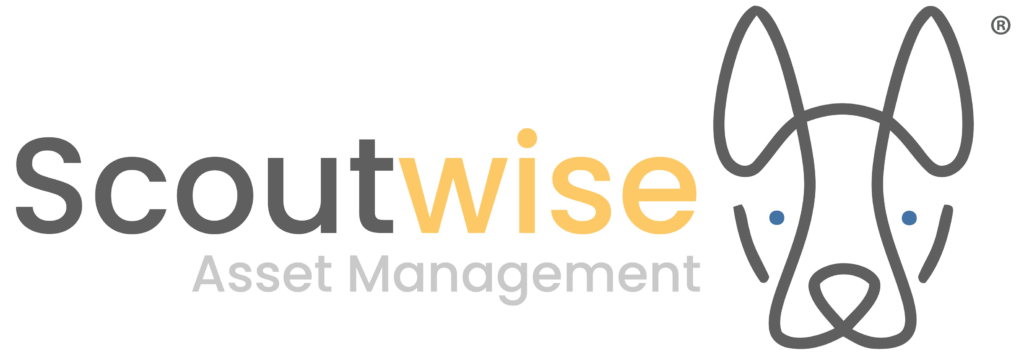Technology and Software-as-a-Service have given businesses some incredible tools in the last 20 years. Whether you use Salesforce, Microsoft Dynamics, or any other CRM system, you can appreciate the tremendous value these platforms have added to business operations. Customer Relationship Management (CRM) technology gives us the data we need, when we need it, to improve our customer interactions.
Hosted phone adoption has simultaneously been spreading, adding advantages like mobile access, business continuity, and more. If you integrate these two technologies, you multiply their power. Here are five ways application integration with your hosted phone takes your operations to the next level.
- Real-Time Calling Data: Every interaction with a customer offers valuable insight into your business. For sales agents, talking to potential customers on the phone can shed light on what they are looking for, and ultimately close the sale. Instead of having an agent manually type in their notes from every call and record information such as the time of the call or phone number, VoIP CRM integrations take care of all the logging in real-time.If the cloud phone system offers call recording, agents might even be able to attach the recorded files to the customer’s contact profile. CRM integrations can also track other aspects of the call that might be useful, such as whether the call came from a cell phone or an office phone; whether the call was an Internet voice or video call; and what time of day the customer called. All of this information can be used to improve the customer experience.
- Better Customer Experience: CRM integrations allow sales and support agents to anticipate a customer’s needs in real-time. A good CRM integration automatically directs an agent to the incoming caller’s profile, or creates a new support ticket with information about the caller. This saves the agent time and allows them to focus on talking to the customer, not searching for their information as the call progresses.Sales agents can use information available in a contact’s CRM profile, such as number of website visits, what items have been viewed, and past purchases, to better assess the context of the call. This allows a sales agent to approach the prospect from the right angle and personalize the key messaging. This also reduces the time spent on asking extraneous questions at the beginning of the call, and allows the agent to get right down to converting the caller into a customer.Support agents can use CRM integrations to see a customer’s troubleshooting history and past support tickets. This leads to shorter exchanges, smaller wait times, and higher customer satisfaction.
- Closed Loop Analytics: CRM data is critical for marketing departments to analyze customer behavior, craft marketing personas, and build campaign strategies. Access to CRM reports and sales funnel data helps marketing departments better assist sales agents in lead capture and conversion. This CRM interchange is called ‘closed loop analytics’, because the process of sharing data closes the loop between the marketing and sales departments. All of this interaction, of course, is designed to lead to higher revenue and conversion rates.By integrating calling data into your business phone system, the marketing department can test out the effectiveness of different tactics and gain a better sense of what the customer experience is like. For example, you can analyze whether publishing FAQ pages or blog posts to address common issues reduces the number of calls about those topics. Ultimately this CRM data can be used to improve customer satisfaction, by spurring reforms that are supported by the data, rather than hunches or a single customer viewpoint.
- Increased Efficiency: As we mentioned in our first point, CRM integrations increase efficiency by eliminating the grunt work of looking up, and entering in, customer information (aka call sent up time) A sales or support agent can use CRM integrations to bypass the menial work of searching for a customer contact page, asking about prior interactions, and finding old tickets, in addition to entering in all the new data. Data manipulation is a distracting and time consuming process. It ultimately slows down agents, leaves room for error, and diminishes the customer experience.
- Improved Management: VoIP CRM integrations can give managers key metrics on each individual agent, such as the number of calls taken per day, the number of caller hang ups, the average call time, and the average wait time. Managers can use this CRM data to make improvements with individual agents or with the team as a whole.If one agent is spending more time than average on the phone with a certain customer, the supervisor can assign another agent to help out with the account. Or, if the lines tend to be empty around a certain time, a manager can reduce the number of assigned agents in that time frame. These are just a few examples of how CRM integrations can help optimize staffing decisions.
*From OnSIP.com
Corporate Technologies Group can successfully execute your CRM Integration with your Hosted Phone.
CTG helps your business seamlessly integrate your hosted phone system with the business applications that your teams use every day. Improve employee productivity and simplify business workflows by connecting your phone system with your CRM and ERP applications, email client, and other communication software. Business application integrations empower your employees, whether in the office or on the road, to save time and be more productive with simple, easy-to-use integrations built specifically for their needs. Contact us today to learn more about how business application integrations can help you save time and money while improving employee productivity.
To see how an integration performs in the real world, view our video.

